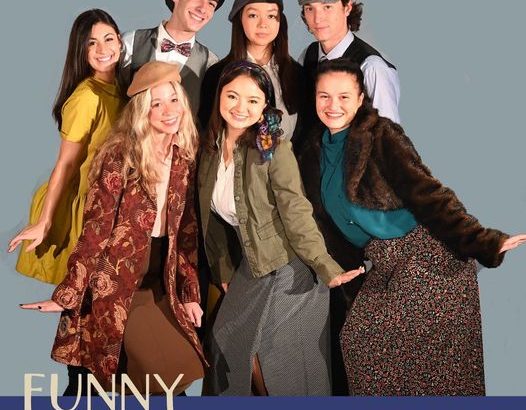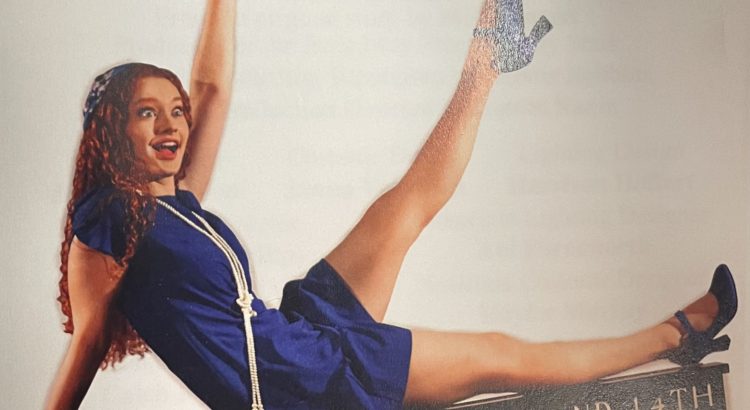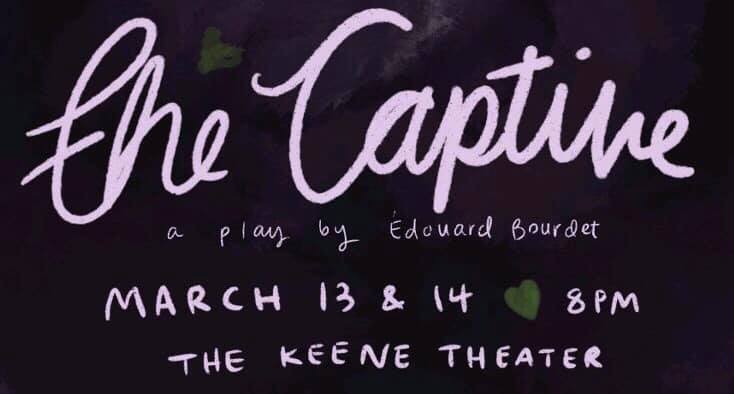I remember walking past the sign “Funny Girl Auditions ↘” in the Michigan league and wondering what “Funny girl” was. This was in September. I find it hard to wrap my head around the fact that Ummusket was able to audition for people in September and showcase something as good as Funny Girl in November.
The actors were phenomenal. From the very beginning, watching the protagonist Fanny walk down the theatre aisle, I could guess this will be a show to remember. The actors had skillful control over their voice and there were hardly any-if any at all-moments when the signing or the dialogue delivery was not good. The actors had good chemistry: not just the main lead and her love interest but the mother, the brother, the aunt, and many more.
The dances were well done. There were scenes where Fanny took a trust fall while singing, actors sang while jumping, pretending to fall etc. and their singing was still impeccable. The costumes mimicked the period of the play very well. The props, the lighting-all these were planned strategically and their use was top notch.
The orchestra, like always, was just wonderful and really helped the musical.
One thing about the musical was that the story does jump around a little. The beginning is about Fanny not being pretty/skinny enough to be a broadway star but she gets the main roles quite easily and then the story turns into a romantic drama and we don’t really touch on the subject we started off with. The jokes, dances, and songs of the play keep the story interesting.
All and all, hats off to everyone who worked in the production of Funny Girl. All throughout the play, the audience members were loving it and cheered everyone on. In the end, people gave the cast a standing ovation so you know this was a crowd favorite!
Do. Not. Miss any productions from Ummusket.








